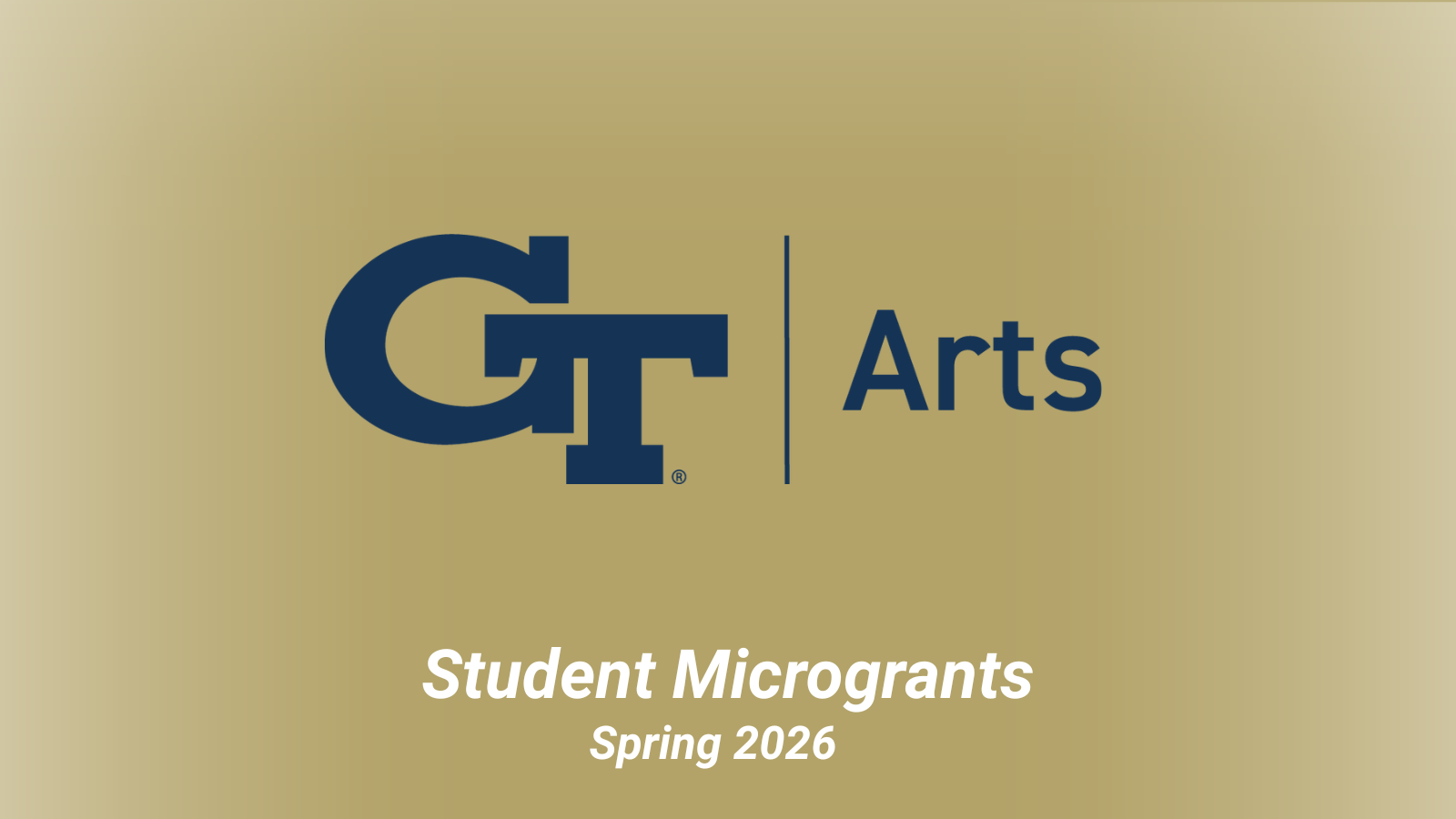Aug. 13, 2025
Juba Ziani is on a mission to change how the world thinks about data in artificial intelligence. An assistant professor in Georgia Tech’s H. Milton Stewart School of Industrial and Systems Engineering (ISyE), Ziani has secured a $425,000 National Science Foundation (NSF) grant to explore how smart incentives can lead to higher-quality, more widely shared datasets. His work forms part of a $1 million NSF collaboration with Columbia University computer science professor Augustin Chaintreau and senior personnel Daniel Björkegren, aiming to challenge outdated ideas and shape a more reliable future for AI.
Artificial intelligence (AI) increasingly shapes critical decisions in everyday life, from who sees a job posting or qualifies for a loan, to who is granted bail in the criminal justice system. These systems rely on historical data to learn patterns and make predictions. For example, an applicant might be approved for a loan because an AI system recognizes that previous borrowers with similar credit histories successfully repaid. But when the underlying training data is incomplete or low-quality, the consequences can be serious, disproportionately affecting those from groups historically excluded from such opportunities.
Ziani's research will explore how the economic value of data, combined with the effects of data markets and network dynamics, can lead to incentives that naturally improve dataset robustness. By identifying the conditions under which the supposed efficiency trade-off disappears, Ziani and his collaborators hope to open the door to more reliable and equitable AI systems.
Traditionally, researchers have assumed that making AI-assisted decision-making more robust and representative comes at the expense of efficiency. This assumption treats training data as fixed and unchangeable, which can place limits on the potential of AI systems. But as large-scale data platforms grow and the exchange of data becomes more accessible, the conventional trade-off between robustness and efficiency may no longer apply.
“Our project demonstrates how carefully designing incentives—both for data producers and data buyers—can enhance the quality and robustness of datasets without compromising performance,” said Ziani. “This has the potential to fundamentally reshape the way AI systems are trained and how data is collected, shared, and valued.”
With this work, Ziani aims to advance both the theory and practice of AI and data economics, ensuring that as AI continues to transform society, and does so in a way that is fair, accurate, and trustworthy.
News Contact
Erin Whitlock Brown, Communications Manager II





